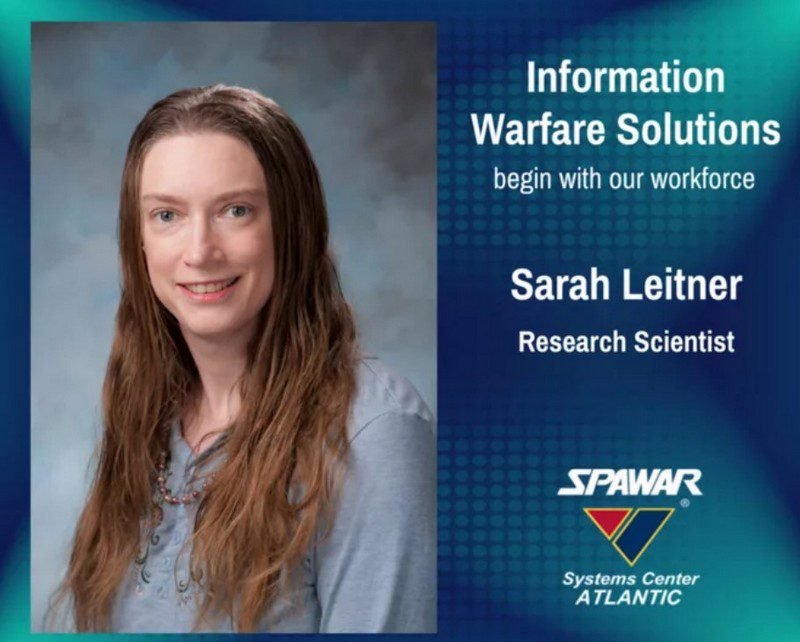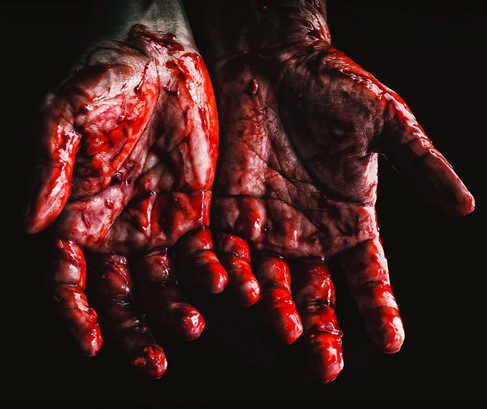
Guest post by MJ Lisbeth
According to a Gallup Poll, about 39 percent of Roman Catholics in the US attended church weekly in 2017. In 1955, that figure was 75 percent.
There is not, however, a corresponding drop in the church’s reported membership. One reason for that is Catholics are more likely to “lapse,” for decades, than to actually quit the church. Also, short of excommunication, the church almost never purges anyone from its rolls. But there are telltale signs of a thinning of the flock. One is the closure or merger of parish schools and, in some cases, the parishes themselves. Another, even more telling sign is the shortage of priests — which sometimes leads to closures.
Such a scenario seems to be playing out in the Cologne Archdiocese, Germany’s — and one of the world’s — richest. As in much of the Western world, Germany — and the Cologne archdiocese in particular — doesn’t have enough prelates. For decades, few young Teutonic men have heard the calling to the priesthood. Foreign-born priests filled some of the gap, at least for a time. But even with that influx from abroad — and declining attendance at mass — there aren’t enough priests to keep parishes open.
The Archdiocese has, therefore, announced plans to “restructure”: Church Latin for shrinking the number of parishes. How much? Under the plan, there would be 50 parishes in 2030. Today there are 500. In other words, 90 percent of the Cologne Archdiocese’s parishes would be gone a decade from now.
The Archdiocese would be divided into “communities” led by teams of priests and laypeople. In spite of declining church attendance, each of those communities would serve greater numbers of people over a wider area. That means people will have to travel greater distances to attend mass, or to partake of the programs and services the church offers. The greatest hardship would fall on senior citizens, children, and immigrants — who, perhaps ironically, are the people who are keeping parishes open, as the decline in church attendance is greatest among young adults.
Other German archdioceses have similar plans. The Vatican, not surprisingly, does not want them: It holds that a church can be led only by a priest, not by collaborations between prelates and laypeople. Some church officials believe that such arrangements will lead to greater power for laypeople — and a “back door,” if you will, for women to take more prominent roles and — egad! — priesthood.
German church officials call the Vatican’s rejection of their ideas “absurd,” “divorced from reality” and even “theologically deficient.” But their opposition comes not only from Rome, but from some of their fellow officials, German charitable organizations that have connections to the church — and schools.
Though Germany is nominally a secular country, in that it doesn’t have an official state religion, the Preamble to the Basic Law of the Federal Republic of Germany begins thusly: “Aware of its responsibility before God and humankind…” So, perhaps, it’s not surprising that public officials’ oaths end with “So help me God!” — or that members of Catholic and Lutheran churches (the two largest denominations) have a “church tax” deducted from their paychecks. That levy, not surprisingly, is one of the reasons why Cologne and other German archdioceses are among the wealthiest in the world.
To be fair, I should point out that tax also helps to fund social services, such as immigrant resettlement, provided by church-affiliated charities. Those organizations thus have a legitimate — as far as it goes — argument against reorganization, which could hamper the ability of the newly-organized “communities” to deliver those services. It also helps to pay for the upkeep of churches, which include such tourist attractions as the Cologne cathedral.
Oh, and the tax funds the religious education German children, to this day, receive in their public schools. Their parents can opt them out of it, but the consequences can be harsh for both the kids and parents. While there have been calls to abolish this practice, and German Catholics themselves are divided about the tax, church officials say the instruction and tax are necessary to “ensure cohesion” — which I read as keeping tabs on how many members they can claim. I say “claim” because, if you are affiliated with either church, no matter how infrequently you attend, you pay the tax. (It’s all but impossible, short of excommunication, to have yourself dis-enrolled from the Catholic church once you’re baptized).
It will be interesting to see how officials rationalize the continuance of this practice as the number of parishes decreases, and more parents opt out of religious instruction — both of which are inevitable as the church becomes less and less available to the people. That shrinkage will be further accelerated by the church’s inability to recruit priests.
So why is it that young German men don’t want to don the cloth? Well, I’ll pose a question to those of you who are parents: Would you tell your 18-year-old son that he must be celibate for the rest of his life? You might have an easier time if you’re living in dire poverty and celibacy is a ticket to an education and a better life. But, I suspect, such is not the case for most native-born Germans — or residents of most Western democracies.
Even if you and your family were destitute, knowing what you know today, how would you feel about sending your kid off to seminary? Would you blame him for fighting you?
So, the real problem facing the Archdiocese of Cologne, and other church jurisdictions, is that they’re not dealing with reality. Church attendance is falling, and young people don’t want to become priests (or nuns), not because of “loosening morality” or the Internet. As in neighboring countries, the U.S., Australia, and other parts of the world, generations of sexual abuse have come to light in Germany. If the Church could keep it — and its history of collaboration with despots and slave-traders — under wraps for so long, what use do the young — or other people — have for it?
The “restructuring” of the Archdiocese of Cologne will lead to lower operating costs for the new “communities.” But I don’t think it will stanch the bleeding out of church attendance and membership. If anything can save the church (and, I admit, I’m not rooting for such a thing), it has to deal with the real reasons why young people don’t want to attend — let alone become priests or nuns — anymore.





